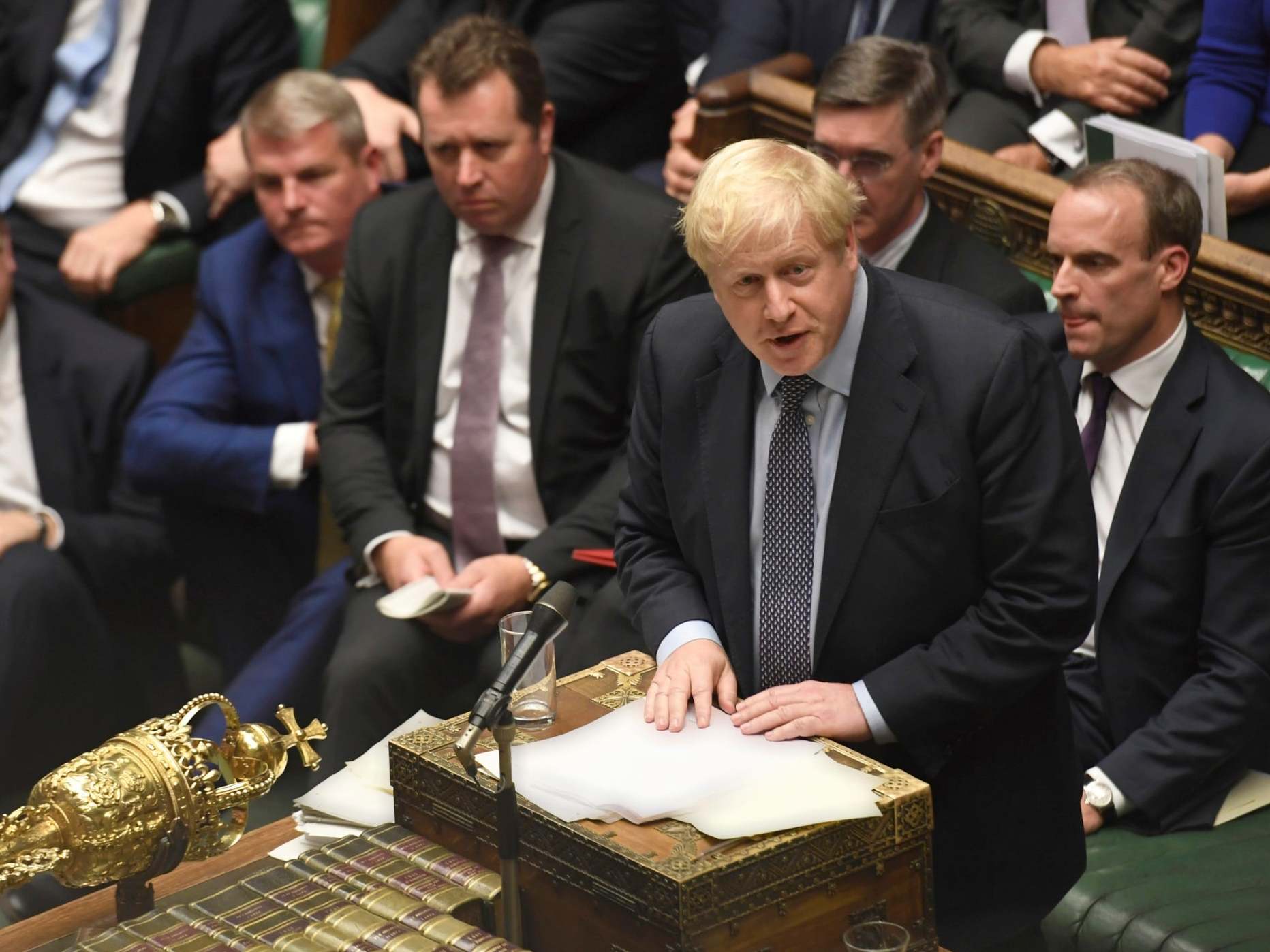What will be the consequences for Boris Johnson and Brexit if MPs vote for a customs union?
The PM may have to abandon plans to implement his Brexit deal if MPs demand a closer future relationship with the EU, writes Benjamin Kentish


It was a case of so near and yet so far for Boris Johnson, who on Saturday came within 16 votes of defeating an attempt to delay a “meaningful vote” on his Brexit deal.
The prime minister would have had visions of MPs finally approving an exit agreement, showering him in glory and almost certainly allowing him to fulfil his “do or die” promise to take the UK out of the EU on 31 October.
Instead, the Commons backed an amendment tabled by former Tory MP Sir Oliver Letwin that will delay a vote on the actual deal until the legislation implementing the agreement has completed its passage through parliament.
Now, the prime minister must navigate a parliamentary minefield as he seeks to win approval for the withdrawal agreement bill, which enshrines his deal in law.
The passage of the bill, which is required to deliver Brexit, provides MPs with the opportunity to try to bind the government to a range of outcomes.
Amendments will be tabled to the draft law to try to trigger a second referendum or cancel Brexit entirely.
These are unlikely to pass. The motion with the best prospects of being approved is one that would force the government to try to negotiate a customs union with the EU after Brexit.
This would not seek to change the terms of the deal by which the UK will leave the EU – the issue of the future relationship is a matter for talks in the coming months and years, not for the withdrawal agreement.
Nor would it need to alter the accompanying political declaration that lays out a draft framework for the future EU-UK relationship, because the document is not legally binding and would not prevent a customs union being agreed at a later date.
Instead, the amendment would bind the government’s hands during talks with the EU about a future trade agreement.
Johnson will fight that tooth and nail. His government, like that of Theresa May’s before it, has repeatedly insisted that staying in a customs union with the EU would not truly deliver Brexit, and the prime minister knows that his Eurosceptic MPs would never allow it.
But if the amendment is passed, he will be stuck. The prime minister would then either have to accept the demand or scrap the entire bill in order to negate the amendment. That makes it impossible for him to implement his Brexit deal, because the bill is needed to enshrine the withdrawal agreement in law.
If the bill is withdrawn, Johnson would be expected to try to trigger an immediate general election to seek to secure a Commons majority that would allow him to get MPs’ approval for his plan.
Will a motion for a customs union pass the Commons? That is the question on everyone’s lips in Westminster. On Monday morning it looked highly possible, after DUP sources hinted that they could team up with Labour and others to force it through. The Northern Irish party is staunchly opposed to Johnson’s deal because it would create a new customs and regulatory border between Northern Ireland and the rest of the UK.
However, DUP MPs later played down suggestions that they could vote for such an amendment, which is likely to be put to a vote on Wednesday or Thursday.
That means the vote is on a knife-edge. Almost all Labour MPs are likely to back it, along with those from the other opposition parties. The key factor will be whether the Tory MPs who voted for a customs union during a series of “indicative votes” earlier in the year can be persuaded to do so again.
The early indications are that some will not. Two of this group – Damian Green and Paul Masterton – have already said as much. They argued that this is not a debate that needs to be had now, and claimed that it risked having the consequences of simply delaying Brexit. A further two – Robert Buckland and Nicky Morgan – are now in the cabinet and will be bound by collective responsibility.
The best chance of a customs union amendment succeeding may be if it is introduced in the House of Lords, but it would then face being dismissed in the Commons.
With his majority on the issue unclear, this is the next big obstacle facing the prime minister. Most commentators think he will overcome it and get the withdrawal agreement bill through parliament with only minor amendments. However, no one would be foolish enough to say so with any great certainty. Recent months have shown the folly of making any such predictions.
Join our commenting forum
Join thought-provoking conversations, follow other Independent readers and see their replies
Comments